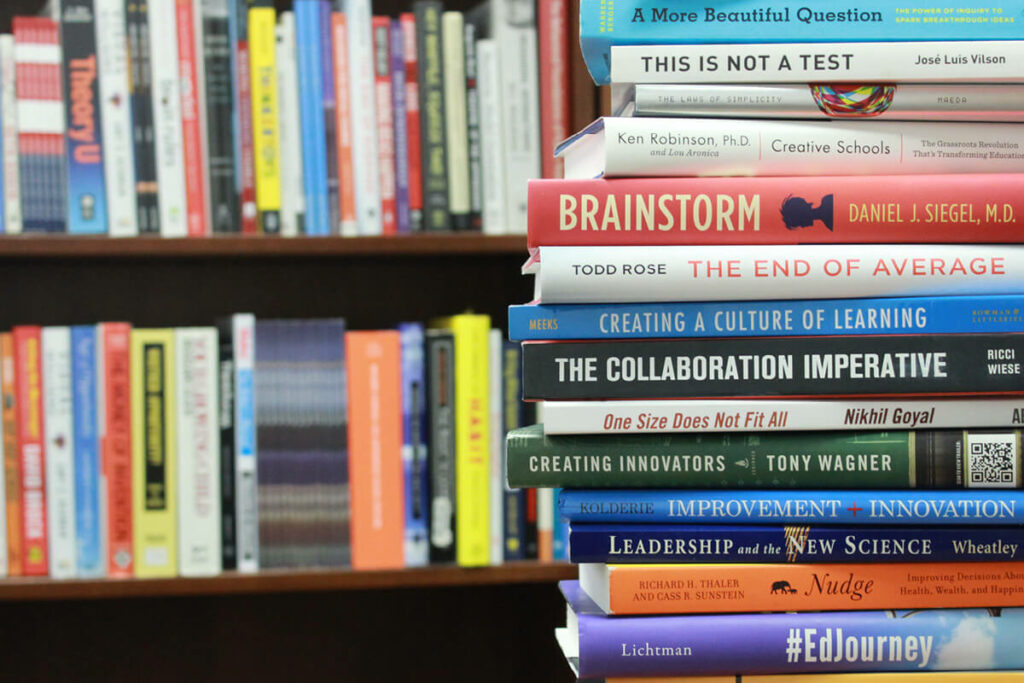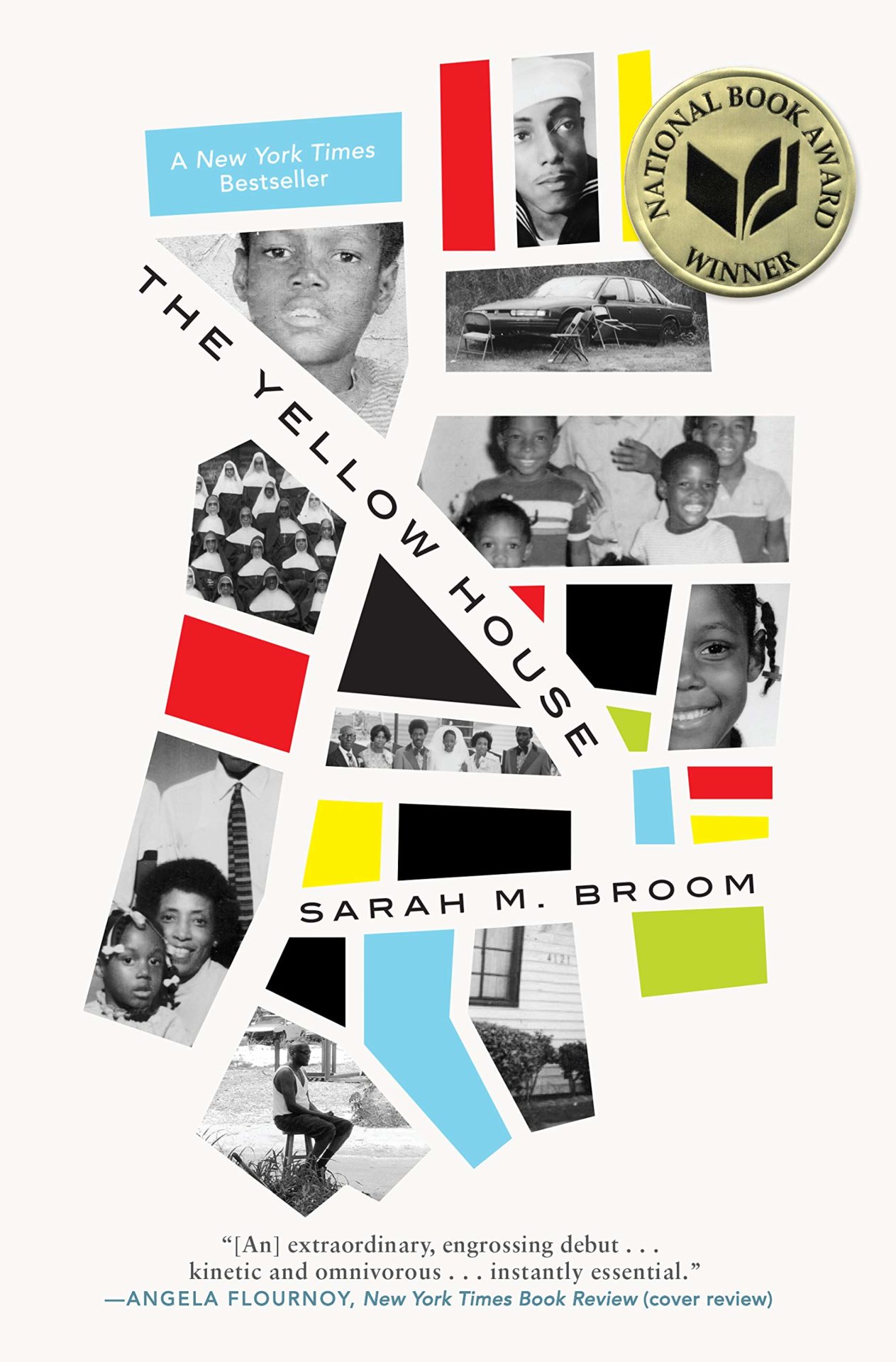
The Yellow House
Sarah M. Broom
Visit any travel or tourism website, and you will find the most lauded attractions of cities and towns across the country. Dig a little further, and you’ll also discover the places you “absolutely must avoid.” Sarah M. Broom’s memoir, The Yellow House, features New Orleans East—a suburban neighborhood that rapidly expanded in the 1960’s with the intention of becoming a “must visit” place—but, instead, slowly fell victim to urban decay and divestment. Broom’s memoir showcases the personal and community impact of “place, class, race, the seeping rot of inequality, and the internalized shame that often follows.” Pick up this book, and you won’t be able to put it down.
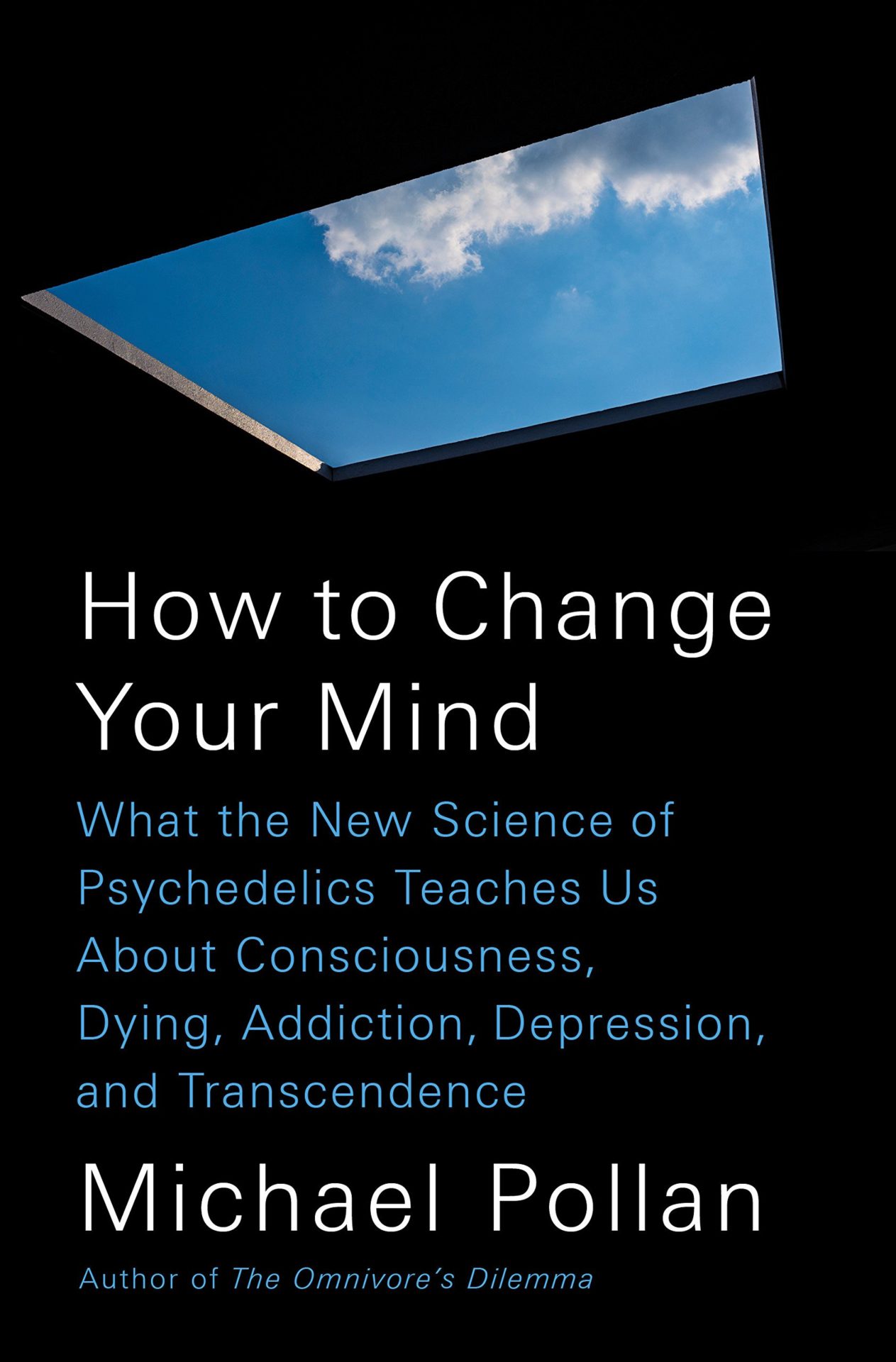
How to Change Your Mind: What the New Science of Psychedelics Teaches Us About Consciousness, Dying, Addiction, Depression, and Transcendence
Michael Pollan
Don’t do drugs. Instead, just ask Michael Pollan, author of How to Change Your Mind, to do them for you and report back with his experience. This wildly unique book is a third- and first-person exploration of how ancient psychedelics and the advancements in neuroscience are together opening a brand new narrative about how we can change our thinking. If you’re looking for a book that will break your go-to reading cycle, look no further.
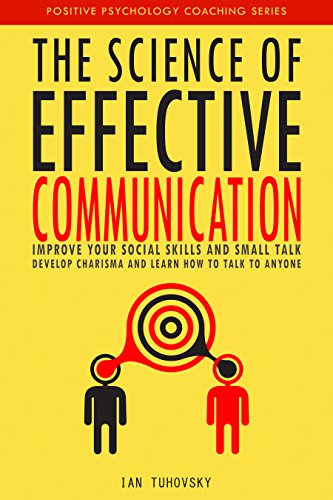
The Science of Effective Communication: Improve Your Social Skills and Small Talk, Develop Charisma and Learn How to Talk to Anyone
Ian Tuhovsky
Communication is a highly regarded skill for young people to develop throughout their learning journey. Naturally, that means it is a skill every adult must be adept at as well. The Science of Effective Communication provides a guide for research-backed communication strategies that showcase how you can rewire your brain for listening, mend broken relationships, and be heard by authoritative figures without being seen as an antagonist—to name just a few of the professional and personal applications touched upon. If you are involved in transformative work that requires large-scale community enrollment, this book could be a major boost in your communications efforts.
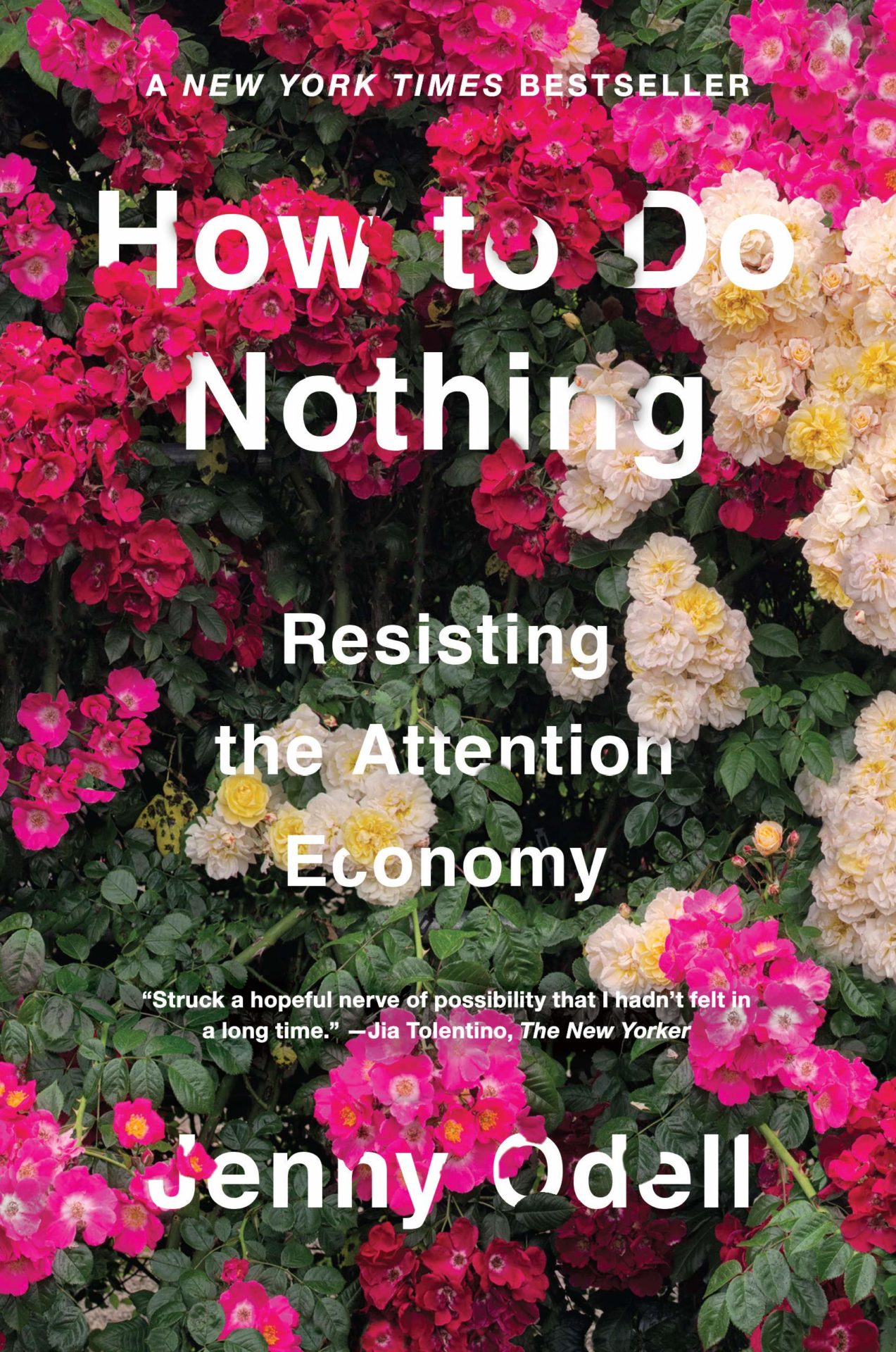
How to Do Nothing: Resisting the Attention Economy
Jenny Odell
How often do you choose where your attention goes? Jenny Odell, author of How to Do Nothing, found this to be one of the most pertinent questions of our time. With so many things demanding our eyes and ears on a neverending 24/7 cycle, Odell wondered what elements of humanity we may have lost in the process. When we harness our ability to choose where our attention goes, the values we passively hold so dear (e.g. giving our full attention to the young people we serve or spending undistracted time with family and friends) can become the focal point of our daily work—whether in the context of transforming education or a completely unrelated application.

Embrace Your Weird: Face Your Fears and Unleash Creativity
Felicia Day
It’s easy to feel so overwhelmed by the negative chaos surrounding our everyday lives that we become pessimistic about our ability to make any level of positive impact. The weight of it all blocks our creativity and shuts down the unique gifts we can offer. Felicia Day, author of Embrace Your Weird, wants to shake us awake and reignite our fearless nature. In her book, she offers insights and strategies to “vanquish enemies of creativity like: anxiety, fear, procrastination, perfectionism, criticism, and jealousy” and cultivate creative communities that are ready to get to work and make joy a normal part of everyday living.
